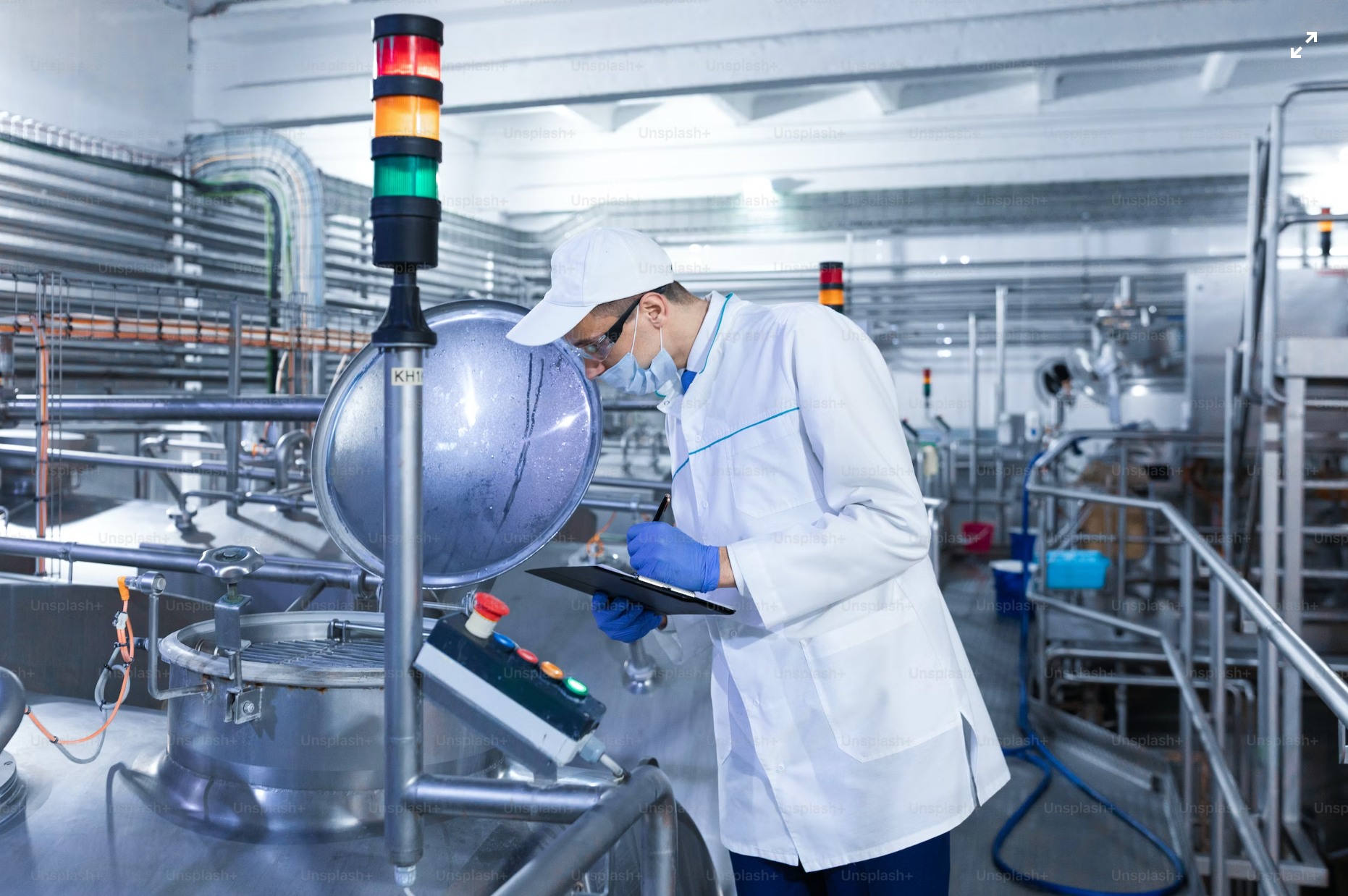Safe food audits
Safe food audits are an important part of the food industry's operational structure. By continuously reviewing and improving processes and practices, audits help maintain high standards of food safety, which is of the utmost importance for public health and consumer confidence.

Why choose Aquatiq as your audit partner?
With an independent audit or a certification according to international standards for food safety, you can show that your food is safely produced and handled in accordance with legal requirements. Aquatiq can assist you in the process towards certification, with the audit of suppliers and with the audit of your own management system. By choosing Aquatiq, you gain both knowledge of the standards and industry expertise needed to strengthen your company's core business. See our expertise under "Our services" below.
Safe food audits
Safe food audits play a critical role in ensuring food safety and consumer confidence in food products. By identifying potential risks and deviations, safe food audits help to prevent foodborne diseases and ensure that the food that reaches the market meets high standards of quality and safety.
Our approach to safe food audits can be described as follows:
- Planning and preparation: Before an audit starts, it must be carefully planned. This includes identifying audit areas, developing an audit plan, selecting audit methods and resources, as well as coordinating timing and logistics with the business to be audited.
- Review of process and practice: During the audit, the auditor conducts a thorough review of the client's processes and practice. This may include inspection of production facilities, storage areas, means of transport, hygiene procedures, control of raw materials and finished products, as well as documentation of processes and guidelines.
- Assessment of food safety standards: The audit examines the extent to which the business complies with requirements for relevant food safety standards, laws and regulations. This includes requirements for hygiene, handling of allergens, traceability, labelling, packaging, and other factors that can affect food safety.
- Identification of deviations and risks: During the audit, the auditor identifies any deviations from standards or best practice, as well as potential risks to food safety. This could be a lack of cleaning, improper storage of food, insufficient labelling, or other conditions that could pose a risk to consumers' health.
- Reporting and follow-up: After the audit, a report summarizing the findings is prepared. The report includes identified deviations, recommended measures for improvement and any requirements for corrective measures. The audit is usually followed up with a visit to verify that the measures have been implemented and that the deviations have been rectified.
Our services:
Contact
For general enquiries:

Aquatiq Consult
Daniel Antonsen
Senior Audit Manager / Head of Industrial Audits